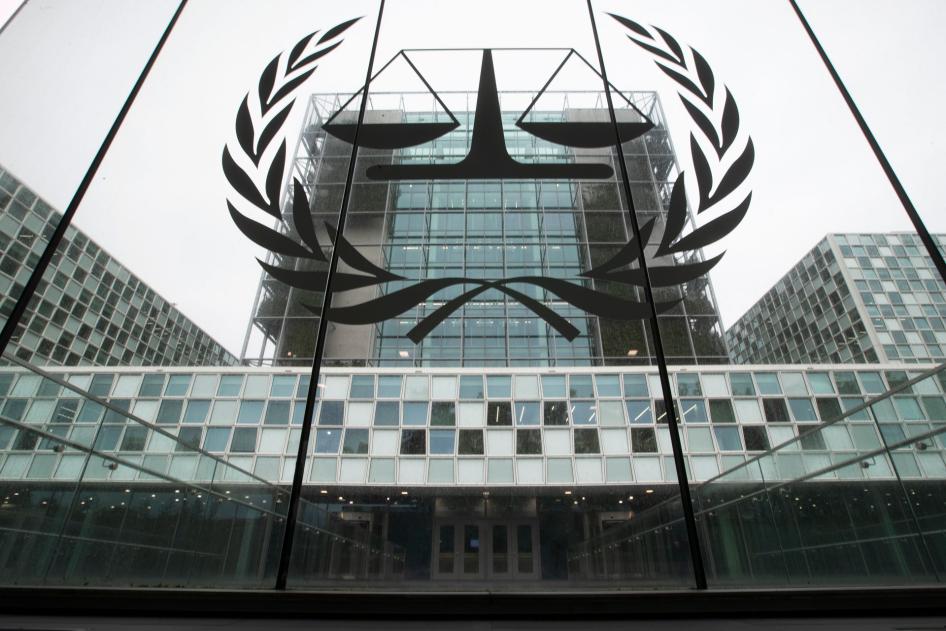(New York) – Countries should take concrete steps to demonstrate that justice for serious crimes matters, regardless of where abuses are committed and by whom, Human Rights Watch said today. To mark International Criminal Justice Day on July 17, 2022, Human Rights Watch created a social media initiative outlining five concrete actions that governments can take to bolster the international justice system worldwide.
“The international community’s unprecedented response to address horrific abuses in Ukraine should become a paradigm for other crises,” said Balkees Jarrah, interim international justice director at Human Rights Watch. “There is a lot of work governments still need to do to extend the reach of justice to other places where atrocities are committed, such as in Yemen, Ethiopia, and Palestine.”
Alongside civil society partners around the world, Human Rights Watch said that countries should demonstrate their commitment to accountability in the following ways:
- Support courts tackling grave international crimes: Adequate financial and political support is critical to the effective functioning of courts, whether the International Criminal Court (ICC), or other international, domestic or hybrid courts, that provide critical fora for the prosecution of those accused of the most serious crimes. Funding or in-kind support should be provided in a sustainable, long-term manner and avoid perceptions of politicization. In this context, ICC member countries should provide the court with necessary funding through its regular budget rather than ad hoc voluntary contributions. But support for various judicial institutions is about much more than money. Sharing of information and evidence, cooperation in the arrest and surrender of accused, and political backing are all essential for the successful delivery of justice.
- Expand ICC membership: There are currently 123 ICC member states. At the same time, dozens of countries, including major powers, have not ratified the court’s treaty, significantly limiting the ICC’s reach. It is essential to continue engaging with those countries who have not taken steps to become ICC members to convince them to join the court. This way, a greater number of victims of serious crimes will have better access to justice.
- Criminalize and prosecute grave international crimes domestically: At the national level, governments should pass laws that incorporate international crimes into domestic law, enable and actively pursue prosecutions based on universal jurisdiction, and circumscribe amnesties and immunities for serious crimes under international law. Setting up and providing adequate resources for specialized war crimes units and training local law enforcement on effectively building serious crimes cases is key.
- Give all victims of grave international crimes equal access to justice: Double standards in access to justice will undermine the credibility and effectiveness of accountability efforts for serious crimes. Governments should pursue and support justice for grave crimes, regardless of where they take place, both through national and international courts, and commit to not limit or obstruct investigations when they involve allied countries. Greater consistency in the judicial response to atrocities wherever they occur would strengthen the legitimacy of the international justice system as a whole. Victims of serious crimes, no matter where they are, need greater access to avenues to seek redress.
- Restrain UN Security Council veto: Prospects for victims of serious international crimes have been thwarted by the use of the veto at the United Nations Security Council, which could have referred situations like Syria or Myanmar to the ICC. States should work to minimize the role of governments who limit access to international justice in the UN system, and endorse the political declaration on the suspension of the veto power in cases of mass atrocities.








